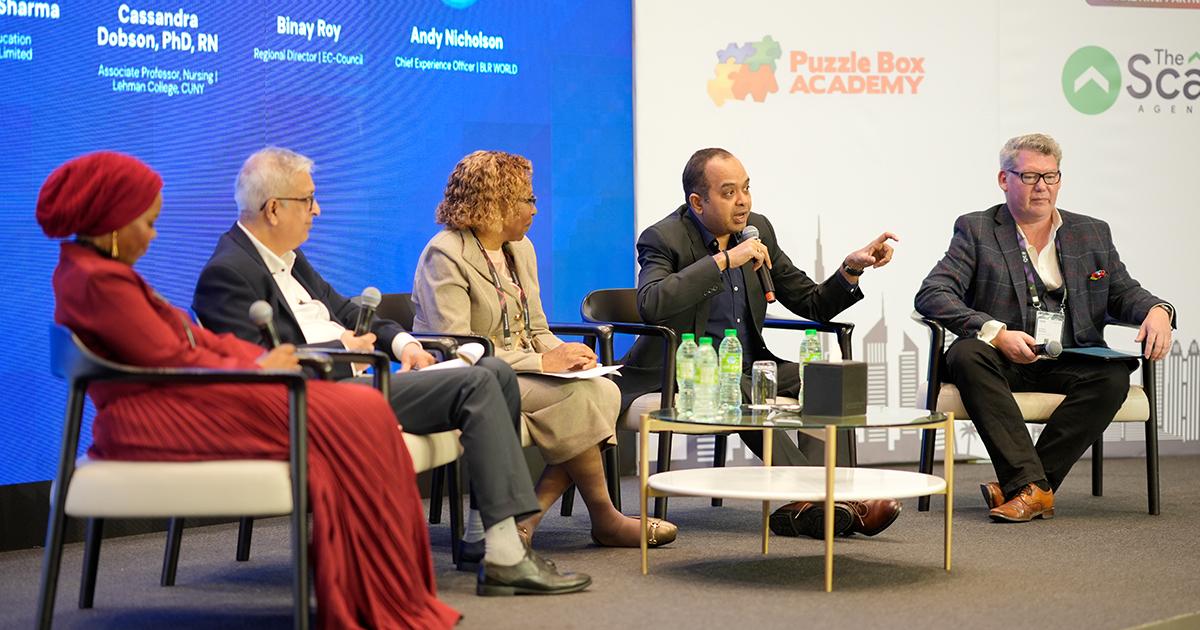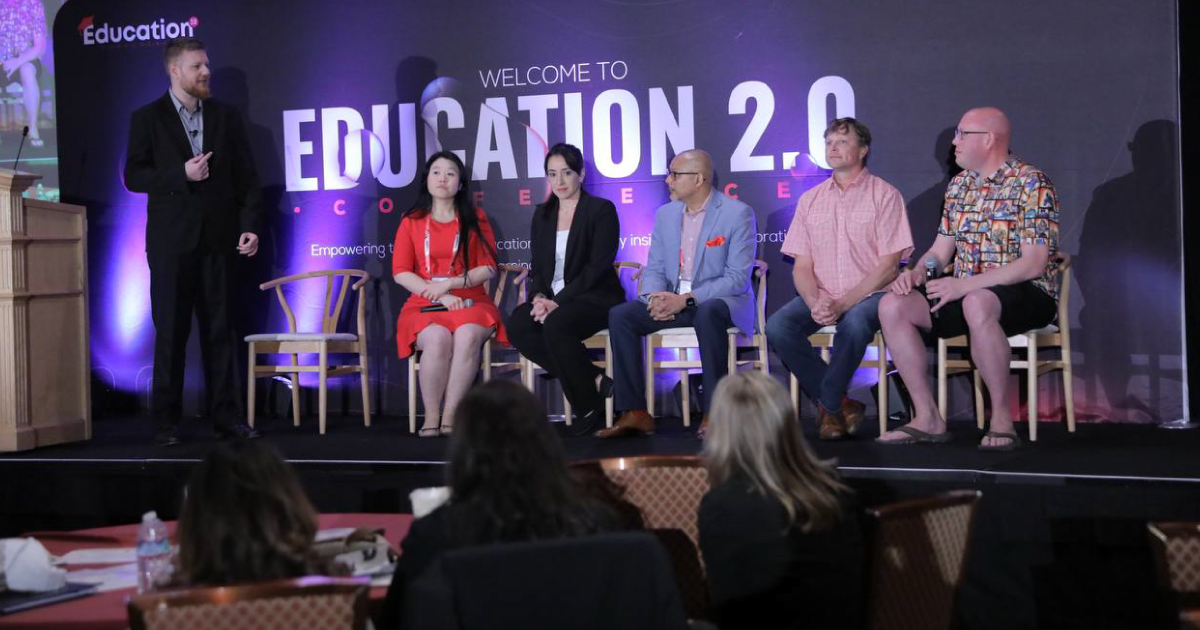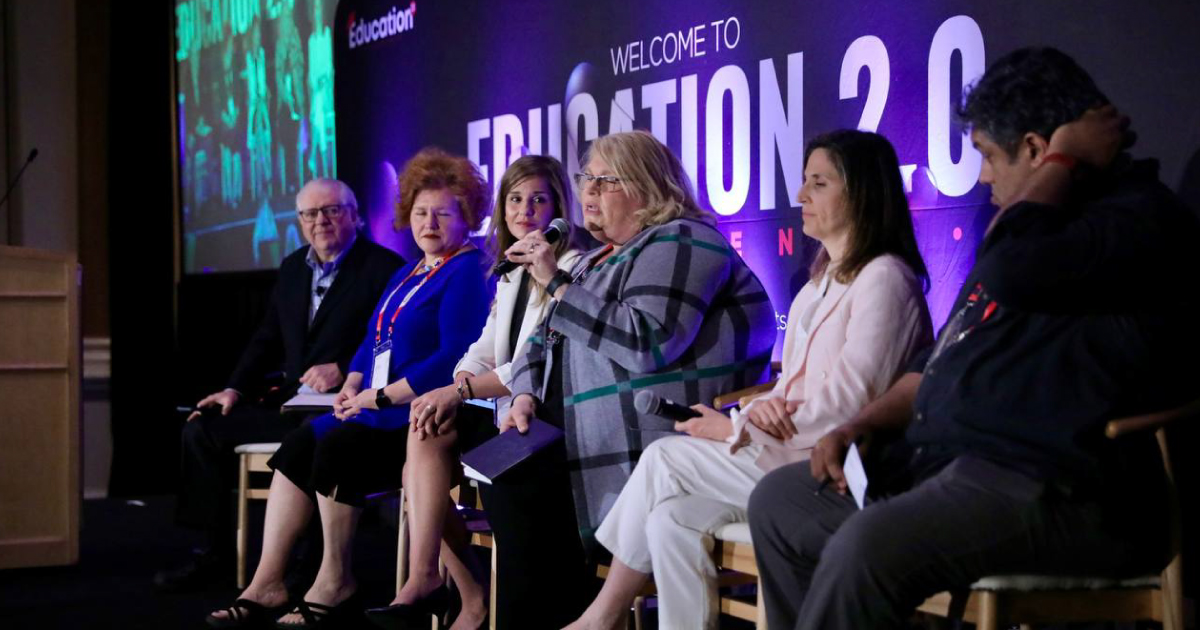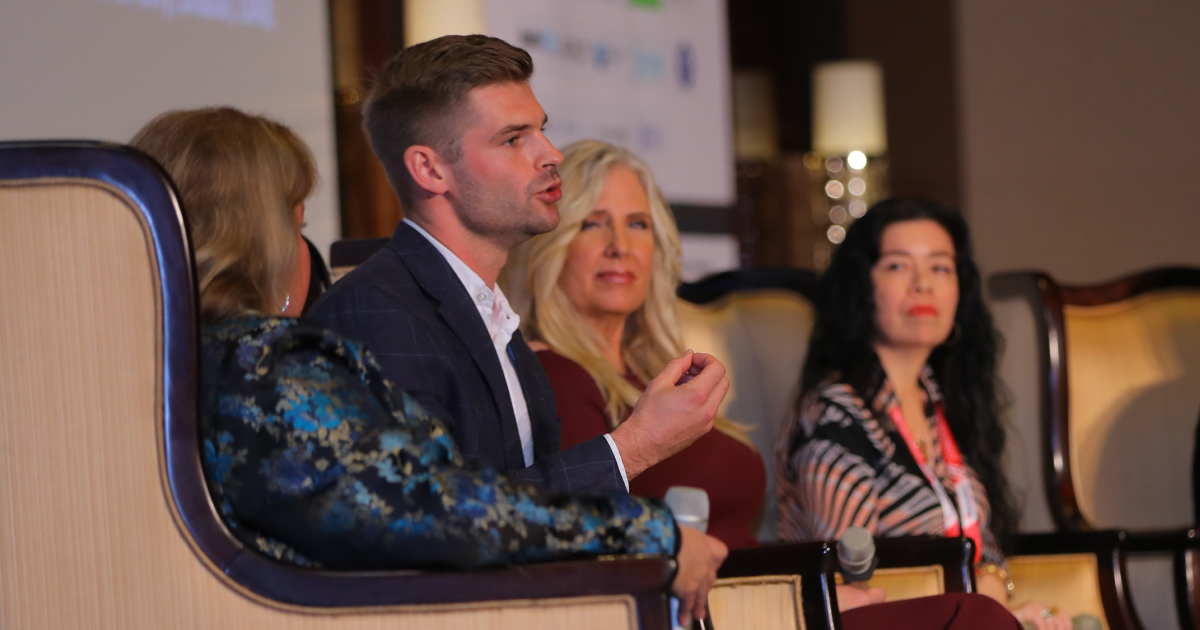
Education 2.0 Conference Shares Bold Strategies To Fight Influencer Fraud Online
Posted on : June 24, 2025
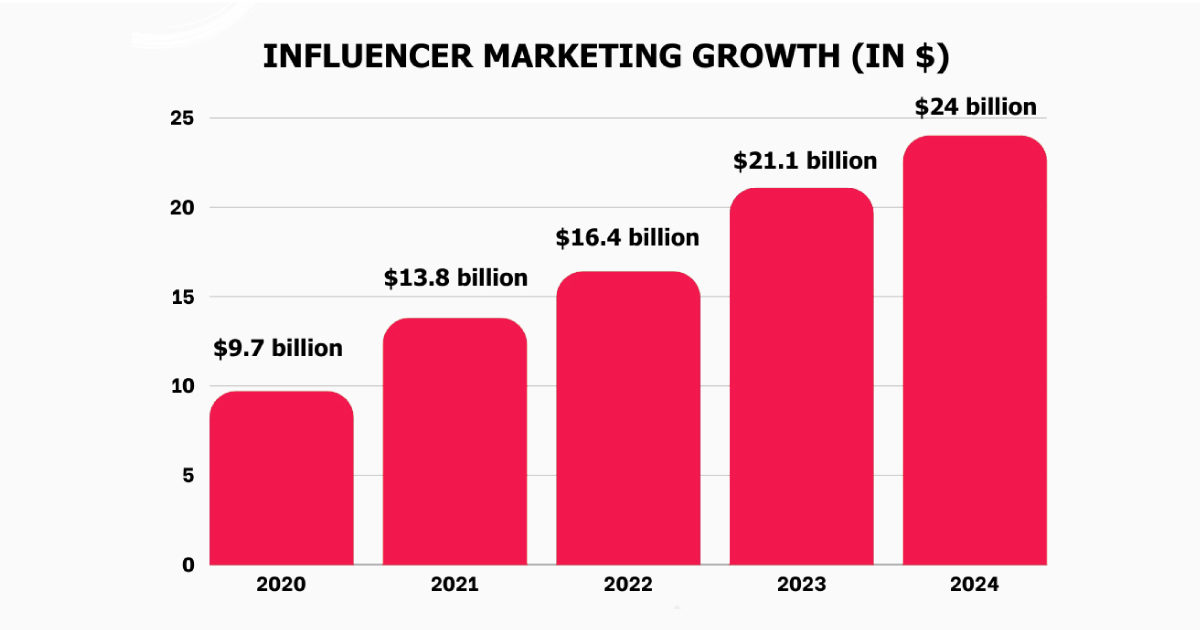
Image Source: Shane Barker
On the surface, influencer marketing might seem like a golden ticket: a $21 billion global force driven by hundreds of millions of content creators. But beneath this polished facade lies a possible pitfall, especially for the education industry. With so many voices vying for attention, how do you separate genuine influence from carefully crafted illusion?
This blog sets your course for navigating this complex landscape and avoiding the costly trap of fake education influencer endorsement. Additionally, it outlines expert advice by the Education 2.0 Conference team for overcoming situations where one encounters an education scam, including non-genuine marketing.
Rise Of Education Influencers & Fraudulent Endorsements
The onset of the digital revolution has led to the foundation of democratized access to information and expertise, transforming how consumers perceive information. However, this is just one side of the story. In line with our commitment to helping attendees avoid falling prey to scammers, Education 2.0 Conference experts warn that the inherent structure of online platforms unfortunately makes them susceptible to spam. The line between authentic advice and paid promotion is increasingly blurred, especially when influencers put financial gain over their audience's best interests. This is where the risk of encountering spam and outright fraud escalates across the industries, including education.
Real Or Fake Marketing? Let's Decode.
So, how do you distinguish trustworthy influencer marketing in education from an illicit one? Here are some marks to look for:
-
Scrutinize The Influencer's Track Record And Credentials
Before taking any recommendation online, look beyond the face value, followers count, or engagement metrics. Does the influencer have relevant and verifiable field expertise? Check for academic qualifications, professional experience, or a demonstrable history of success in education. A lack of credible credentials should raise a red flag. If possible, seek independent sources to validate claims.
-
Analyze The Nature Of The Endorsement Itself
Evaluate an endorsement's presentation. Does it ignore downsides and push urgency with offers? Avoid falling for unrealistic promises. Authentic influencers offer a balanced viewpoint with pros and cons.
-
Look For Disclosure And Transparency
While deconstructing education fraud, experts say that honest influencers disclose sponsored content. Look for "#ad", "#sponsored", or “paid partnership.” Lack of disclosure is a warning sign.
-
Cross-Reference With Multiple Sources & Independent Reviews
Don’t rely on one opinion. Seek out multiple independent reviews. Check for consistent patterns. Use independent review platforms to detect fraud or poor products.
-
Examine The Quality And Value Proposition
According to an independent marketing report, 51% of consumers value quality over price. Analyze whether the endorsed product aligns with goals and delivers as promised.
-
Pay Attention To The Comments & Community Engagement
Generic, overly positive comments may be a red flag. Look for diverse and even skeptical feedback to evaluate authenticity.
The Role Of Education 2.0 Conference In Influencer Marketing Scam Prevention
Let's be real, navigating through all the online marketing can feel like passing a minefield, right? However, with a little savvy and by keeping your eyes peeled for those "too good to be true" endorsements, you can dodge scams and find something worthwhile.
Our event remains committed to promoting a transparent and trustworthy learning environment, empowering individuals to pursue their educational goals while avoiding scam offenses. By staying informed and adopting a discerning approach, you can filter the noise and find the genuine voices. Learn about the Education 2.0 Conference's leadership backed by past attendee reviews.
Frequently Asked Questions
1) Why should I be cautious about education influencer endorsements?
The education landscape, like other industries, isn't immune to fake endorsements. Therefore, it is essential to identify quality products/services from fraudulent or non-existent ones.
2) What are some immediate red flags to watch out for in an education influencer's endorsement?
Stay alert to endorsements that offer overwhelmingly positive, unqualified praise without mentioning drawbacks. Also, a lack of clear disclosure about sponsored content should raise suspicion.
3) How can I verify the legitimacy of an education influencer's expertise and credentials?
Don't just take their word for it. Look for verifiable academic qualifications, professional experience, or a demonstrable history of success in the relevant educational field.
4) Where else should one research the Education 2.0 Conference besides influencers?
There are multiple ways to do it: check the official conference website, read feedback from past attendees, and research the speakers and honorees.
5) What can attendees sharing their own Education 2.0 Conference experiences tell me about the event?
Attendees sharing their experiences and reviews offer invaluable insights into the reality of the Education 2.0 Conference. Their feedback reveals the actual quality of sessions, networking opportunities, speaker value, and overall organization, providing a genuine perspective beyond marketing claims.

